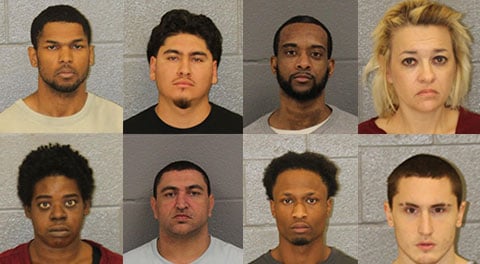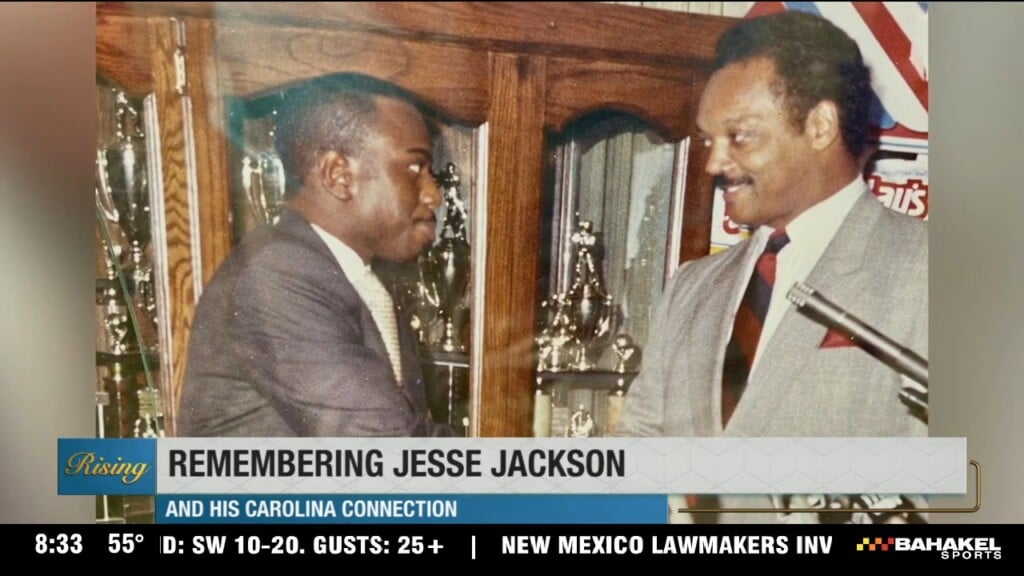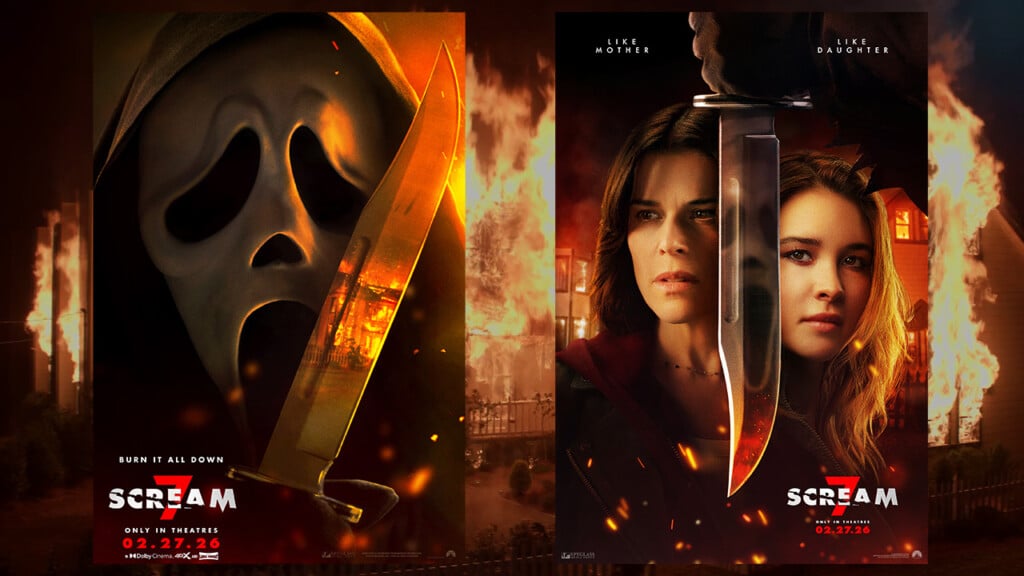Fireworks And PTSD: How To Support Veterans And First Responders
CHARLOTTE, N.C. — Fireworks are a Fourth of July holiday highlight. While most view the bright flashes and booms as an enjoyable experience, for some veterans and first responders, fireworks can trigger intense memories of combat or emergency situations.
It is not a minor inconvenience; it can lead to terrible PTSD episodes. PTSD stands for Post-Traumatic Stress Disorder, a mental health condition triggered by a distressing memory—either through experience or by witnessing it.
Dr. Kevin Marra, is the Medical Services Director and a Board Certified Psychiatrist at HopeWay in Charlotte. He explains that anything that can remind you of the noises, smell of smoke, unpredictable sounds, and fireworks going off can create what we call re-experiencing symptoms. This could feel like transporting you back to the event itself, where you feel briefly as if you were there. It can remind you of intrusive memories about that particular event and create a hyperarousal state.
HopeWay is non-profit organization that focuses on the treatment of PTSD in veterans and first responders. They offers several methods of group and one-on-one counseling . The goal during therapy for PTSD is to manage these intense reactions, but for those who haven’t started treatment, or aren’t at that point yet, preparation is key.
Dr. Marra suggests wearing noise-canceling headphones and physically removing yourself from the area to a quieter space in the house. Or go stay at a friend’s or family member’s house where fireworks aren’t being set off.
If caught off guard by fireworks, Dr. Marra advises engaging with your senses. Pay attention to what you see, smell, or hear, and focus on grounding techniques to bring yourself back to reality.
Community awareness and support is critical for those affected by PTSD around the Fourth of July. Dr. Marra encourages getting to know your neighbors better. Understanding their experiences can lead to more considerate actions, like informing them about planned fireworks and asking how you can support them.
If you or someone you know is battling mental illness or showing signs of PTSD, resources like HopeWay can help.
Here are other available resources:
Military and Veterans Crisis Line: 1-800-273-8255, press 1
National Suicide Prevention Lifeline: 988
Psychological Health Resource Center:1-866-966-1020
Military One Source: 800-342-9647





